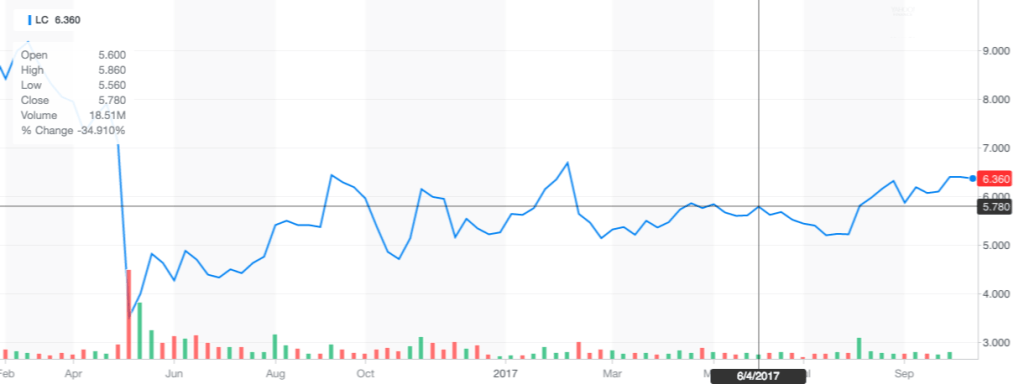
Micro-lending and small business financing are a critical component of economic growth in around the world, and the need for access to low-cost capital is especially important in developing countries.
The Catch-22 is that these countries are also the ones where the lending markets are the least developed and where most financial institutions are reluctant to lend money to people who don’t have any credit history (what the industry calls “thin-file” customers).
The problem is especially acute in Mexico, where only 39% of the population has a bank account and 75 million people still have no access to the kind of financial services and lending support that they would need to start micro- and small- businesses.
Since banks are both overwhelmed by the demand and reluctant to meet it, a number of startups have launched services into the market to bring tech solutions to an industry that hasn’t been willing to change.
That’s the thinking behind Konfio, a Mexican startup that’s raised $10 million in new funding led by the International Finance Corp. (the investment arm of the development-focused World Bank) and previous investors including: QED Investors, Kaszek Ventures, Accion Frontier Inclusion Fund, Accion Venture Lab, and Jaguar Ventures.
Konfio is the latest company to tackle Mexico’s lending problem, but it’s by no means the only one. Kueski and Kubo.financerio have both raised capital from venture investors to take on Mexico’s debt dilemma.
In all, these early stage companies have raised roughly $29 million to support Mexico’s emerging technology-based lending market.
What separates Konfio from the others is its focus on micro-businesses and small- and medium-sized enterprises.
Like other technology-based lenders, Konfio uses a combination of data from social media and online payments to more traditional data to make real-time approvals of loans.
Konfio’s first product launched in 2014 — a term-loan with fixed installments and a maximum amount of $50,000 (a limit that also sets it apart from its other Mexican peers).
The company estimates that the market for small business loans in Mexico could be as high as $20 billion (although it didn’t specify over what timeframe). Already the company has provided loans to 50,000 families, according to company chief executive David Arana.
“This is a great example of how the private sector can have an important contribution in helping small businesses,” said Arana. “We, as a company, are proud to have indirectly helped generate thousands of new jobs too. We believe in the power of entrepreneurship and are committed to help more business owners across the country achieve their dreams.”
While lending in Mexico is a new market, the companies that are launching would do well to look at the cautionary tale of lending businesses like Lending Club, which was once the poster child for the peer-to-peer model… or Earnest, which was a late-comer to the online lending space.

Even leaders in the lending category have had their fair share of problems. Setting aside the egregious allegations of sexual misconduct that bedeviled Social Finance, lenders have hit a rough spot throughout the market.
As we previously noted, online lending is a small percentage of the $12 trillion trading hands in consumer financing in the U.S. But, in recent years, lending became something of a darling among venture capitalists looking to get into the financial services industry (a space that was ripe for disruption in the wake of the 2008 global financial crisis).
In fact, one money managers told Bloomberg news that Silicon Valley is “clueless” about the work involved in making loans to consumers.
Small business lending may be a bit more secure, but not by much, and it remains to be seen whether the financial dynamics that are at play in emerging markets can make startup technology companies a more appealing — and lucrative — investment for venture firms.
[“Source-techcrunch”]
